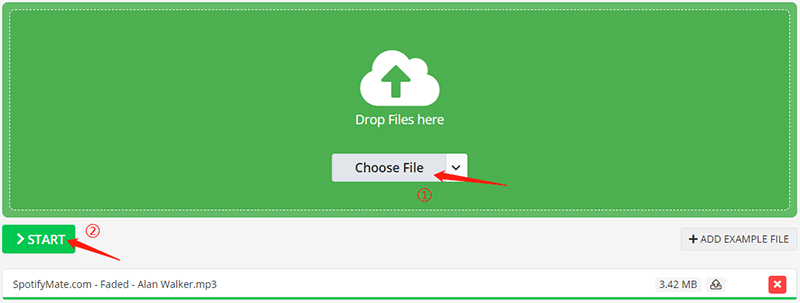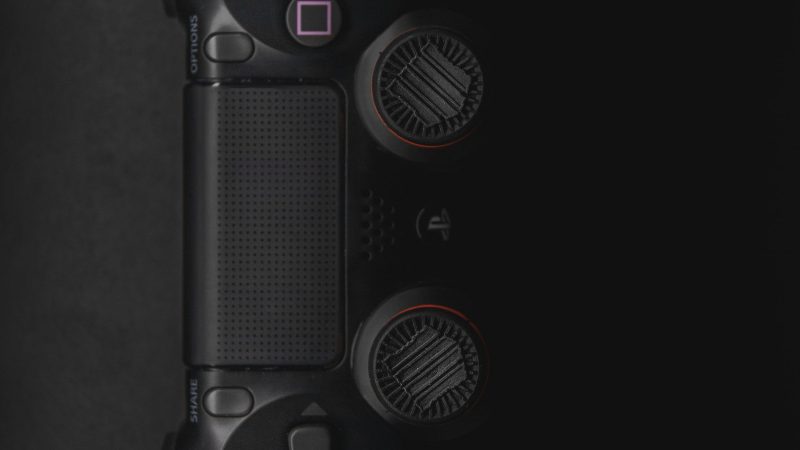Spotify to Wav Converter

In the ever-evolving landscape of digital music consumption, Spotify has undeniably emerged as a titan. With its vast library of songs and user-friendly interface, Spotify has revolutionized how we discover, listen to, and share music. However, despite its convenience and popularity, some users encounter limitations with Spotify’s audio quality. Enter the Spotify to WAV converter—a tool that promises to elevate your listening experience to new heights by converting Spotify tracks into the high-fidelity WAV format.
Understanding the Need
Spotify offers users access to millions of songs at their fingertips, but the audio quality can sometimes leave audiophiles wanting more. While Spotify provides decent sound quality through its streaming service, it compresses audio files to conserve bandwidth, resulting in a loss of some detail and clarity. This compression is typically in the form of the Ogg Vorbis format, which sacrifices some audio fidelity to ensure smooth streaming.
For music enthusiasts who crave the utmost clarity and precision in their audio experience, this compression may be unsatisfactory. This is where the demand for Spotify to WAV converters arises. WAV (Waveform Audio File Format) is a lossless audio format that retains all the original audio data without any compression. By converting Spotify tracks to WAV format, users can preserve the full richness and detail of their favorite songs, achieving an audio quality that rivals or even surpasses that of CDs.
The Role of Spotify to WAV Converters
Spotify to WAV converters serve as the bridge between Spotify’s extensive music library and the pristine audio quality of the WAV format. These converters come in various forms, ranging from standalone software applications to online services. Regardless of the method, their primary function remains consistent: to extract audio from Spotify and convert it into the WAV format while preserving as much quality as possible.
One of the key features of Spotify to WAV converters is their ability to bypass Spotify’s DRM (Digital Rights Management) protection. Spotify encrypts its tracks to prevent unauthorized copying or distribution, but this encryption also prevents users from directly converting Spotify songs into other formats. Spotify to WAV converters employ sophisticated algorithms to circumvent this protection, allowing users to legally convert their Spotify playlists into WAV files for personal use.
Exploring the Benefits
The advantages of using a Spotify to WAV converter extend beyond just improving audio quality. Here are some notable benefits:
- Enhanced Audio Fidelity: WAV files offer uncompressed, lossless audio quality, delivering every nuance and detail of the original recording. By converting Spotify tracks to WAV format, users can experience their favorite songs in stunning clarity and depth.
- Offline Listening: While Spotify Premium offers offline listening capabilities within the app, converting tracks to WAV format allows users to enjoy their music offline without any restrictions. Once converted, WAV files can be played on any device or media player that supports the format, providing greater flexibility and convenience.
- Archival Purposes: WAV files are considered an archival-quality audio format, making them ideal for preserving music collections for future generations. By converting Spotify tracks to WAV format, users can create digital backups of their favorite albums, ensuring that they remain accessible and intact for years to come.
- Customization and Remixing: For musicians, DJs, and audio enthusiasts, WAV files offer unparalleled flexibility for remixing, sampling, and editing. Converting Spotify tracks to WAV format opens up a world of possibilities for creative expression, allowing users to manipulate and remix their favorite songs to their heart’s content.
Considerations and Limitations
While Spotify to WAV converters offer compelling benefits, there are some considerations and limitations to keep in mind:
- Quality of Source Material: The audio quality of the converted WAV file ultimately depends on the quality of the original Spotify track. If the source material is heavily compressed or of low quality, the resulting WAV file may not sound significantly better than the original.
- File Size: WAV files are uncompressed and therefore significantly larger in size compared to compressed formats like MP3 or AAC. Users should be prepared for larger file sizes when converting Spotify tracks to WAV format, which may consume more storage space on their devices.
- Legal and Ethical Considerations: While converting Spotify tracks for personal use is generally permissible under copyright law, redistributing or sharing converted WAV files without permission may infringe upon the rights of copyright holders. Users should exercise caution and adhere to copyright laws and terms of service when using Spotify to WAV converters.
Conclusion
In an era where digital convenience often comes at the expense of audio quality, Spotify to WAV converters offer a compelling solution for music enthusiasts who refuse to compromise on sound fidelity. By leveraging the power of technology, these converters empower users to unlock the full potential of their Spotify music library, transforming ordinary listening experiences into extraordinary auditory journeys. Whether it’s for personal enjoyment, creative endeavors, or archival preservation, the ability to convert Spotify tracks to WAV format represents a significant step forward in the pursuit of sonic excellence.





